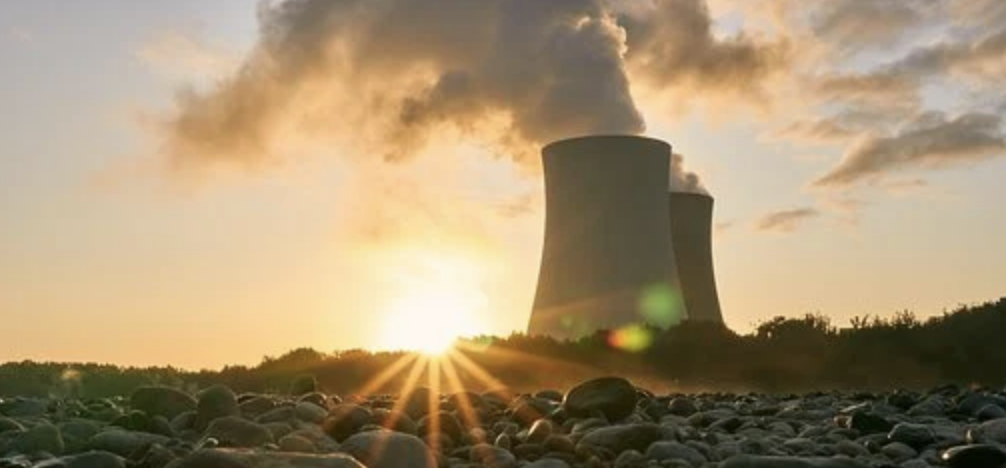Nuclear reactors emit an average of 66 grams of CO2 per kWh produced, less than a gas (443 g) or coal (960 g) power plant. This feature encourages its use to replace fossil fuels, but security risks remain.
Egyptian Minister of Electricity and Renewable Energy, Dr. Mohamed Shaker, accompanied by Alexey Likhachev, Managing Director of the Russian company Rosatom, gave the green light to the start of construction of the El-Dabaa nuclear power plant.
It is Egypt’s first nuclear power plant. It will be built in the city of El-Dabaa, from which it takes its name. The plant will consist of 4 units with a production capacity equivalent to 1,200 MW per unit using VVER-1200 reactors, one of the most efficient and safest technologies to date.
The contracts for the construction of the nuclear power plant were signed in 2017 between Egypt and Russia, which is represented by the state-owned company Rosatom, which will build the nuclear power plant and deliver Russian nuclear fuel for its entire cycle of life.
“The launch of the construction of Unit 1 of the El-Dabaa nuclear power plant means that Egypt has joined the nuclear club,” Mr. Alexey Likhachev said.
This launch comes as Egypt is in full preparation to host the 27th international climate conference (COP27) in November 2022. At the same time, since the beginning of the year, under the impetus of its president, the country has multiplied the partnerships and agreements to develop its potential in renewable energies and green hydrogen.
However, at the dawn of this event, the country’s energy mix remains largely dominated by fossil fuels, in particular gas, oil and coal. Betting on civil nuclear power, which emits relatively little CO2, can help it decarbonize its energy sector and achieve its objectives.
At the African level, once the El-Dabaa nuclear power plant goes into production, Egypt would join South Africa which is currently the only African country that generates electricity from nuclear power plants. Other African countries are considering developing nuclear power plants, but the technical, technological and security challenges are still too great.








Réagissez à cet article